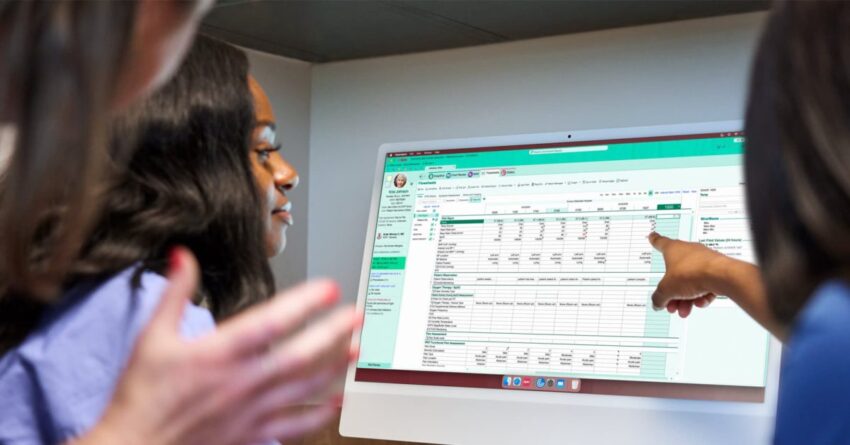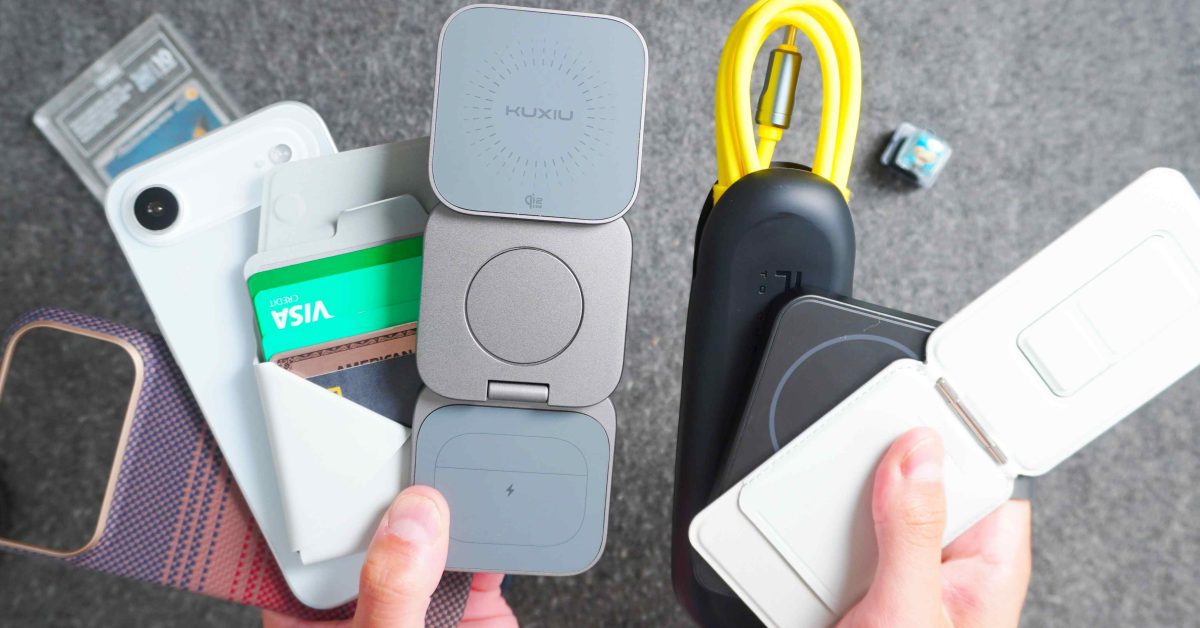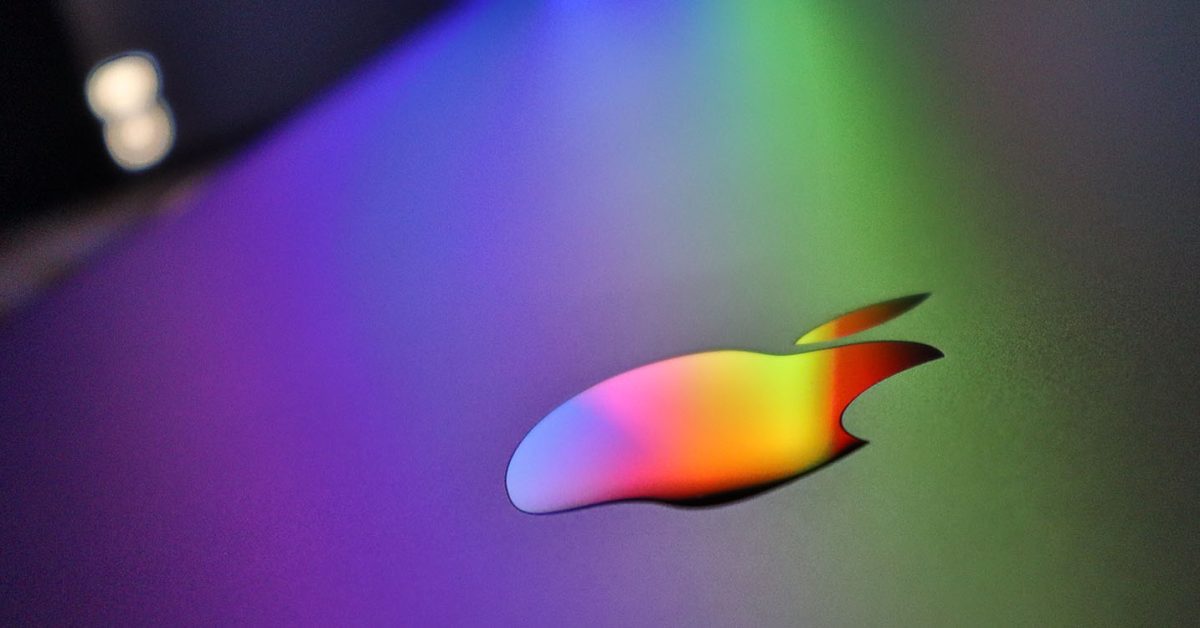
apple work emory s first all-apple hospital Apple’s growing influence in the healthcare sector is underscored by the launch of Emory Healthcare’s first all-Apple hospital, which utilizes a native macOS app from Epic Systems.
apple work emory s first all-apple hospital
Apple’s Expanding Role in Healthcare
Apple has made significant strides in various sectors over the years, but its impact on healthcare is particularly noteworthy. The company’s commitment to improving health outcomes through technology has led to innovative solutions that enhance patient care and streamline hospital operations. Emory Healthcare’s recent announcement of the Emory Hillandale hospital as the first facility in the United States to be fully powered by Apple products marks a pivotal moment in this journey.
The Emory Hillandale Hospital
Located in the Atlanta metropolitan area, Emory Hillandale Hospital is a groundbreaking initiative that integrates Apple technology into its daily operations. This facility is equipped with a comprehensive suite of Apple devices, including Macs, iPads, iPhones, and Apple Watches. These devices are not merely for administrative tasks; they play a crucial role in patient care and clinical workflows.
The decision to use Apple products stems from their reputation for reliability, user-friendliness, and security. Healthcare professionals often require technology that is not only efficient but also intuitive, allowing them to focus on patient care rather than troubleshooting technical issues. By deploying Apple devices, Emory Healthcare aims to create a seamless experience for both staff and patients.
Integration with Epic Hyperspace
A key component of Emory Hillandale’s technological infrastructure is the integration of Epic Hyperspace, a widely used electronic health record (EHR) system. The hospital’s implementation of Epic as a native macOS app represents a significant advancement in how healthcare providers can access and manage patient information.
Previously, Epic’s software was primarily designed for Windows, which posed challenges for institutions that preferred Apple devices. The introduction of a native macOS app allows healthcare providers at Emory to utilize their preferred devices without compromising functionality. This transition not only enhances the user experience but also improves efficiency in patient care delivery.
Implications for Healthcare Providers
The shift to an all-Apple ecosystem in a hospital setting has several implications for healthcare providers. First and foremost, it emphasizes the importance of interoperability in healthcare technology. As hospitals increasingly adopt diverse technological solutions, the ability to integrate various systems becomes paramount. Emory’s choice to adopt Apple products and Epic’s native macOS app demonstrates a commitment to creating a cohesive technological environment that can adapt to the evolving needs of healthcare.
Enhancing Patient Care
One of the most significant benefits of this technological shift is the potential for enhanced patient care. With Apple devices, healthcare professionals can access patient records, treatment plans, and other critical information in real-time. This immediacy allows for quicker decision-making and more personalized care.
Moreover, the user-friendly interface of Apple products can reduce the learning curve for healthcare staff. Training sessions can be more efficient, enabling staff to become proficient with the technology faster. This efficiency can translate into better patient outcomes, as healthcare providers spend less time navigating complex systems and more time focusing on patient interactions.
Security and Privacy Considerations
In healthcare, security and privacy are paramount. Apple has built a reputation for prioritizing user privacy and data security, which is particularly important in a hospital setting where sensitive patient information is handled daily. The deployment of Apple devices at Emory Hillandale is accompanied by robust security measures designed to protect patient data from unauthorized access.
With features such as end-to-end encryption and secure authentication methods, Apple devices offer a level of security that is crucial for maintaining patient confidentiality. This focus on security not only protects patients but also helps healthcare providers comply with regulations such as HIPAA (Health Insurance Portability and Accountability Act).
Stakeholder Reactions
The announcement of Emory Hillandale as the first all-Apple hospital has garnered attention from various stakeholders in the healthcare and technology sectors. Healthcare professionals have expressed optimism about the potential benefits of using Apple products in their daily operations. Many believe that the integration of technology can lead to improved patient outcomes and more efficient workflows.
Healthcare Professionals’ Perspectives
Healthcare professionals working at Emory Hillandale have shared their excitement about the new technology. Dr. Jane Smith, a physician at the hospital, commented, “Having access to patient information on devices we are already familiar with makes a significant difference in our ability to provide care. The integration with Epic has been seamless, and I feel more empowered to make informed decisions quickly.”
Nurses and administrative staff have also noted the ease of use associated with Apple devices. The intuitive design allows them to focus on their primary responsibilities without being hindered by complicated technology. This positive feedback underscores the importance of user experience in healthcare technology.
Industry Analysts’ Views
Industry analysts have weighed in on the implications of this development for the broader healthcare landscape. Many see Emory Hillandale’s initiative as a potential model for other healthcare institutions considering similar technological shifts. The success of this all-Apple hospital could encourage more facilities to explore the integration of Apple products into their operations.
Analyst John Doe from Tech Insights stated, “Emory Hillandale represents a significant step forward in the adoption of Apple technology in healthcare. If successful, this model could inspire other hospitals to follow suit, leading to a broader transformation in how healthcare is delivered.”
Future Prospects
The establishment of Emory Hillandale as the first all-Apple hospital raises questions about the future of healthcare technology. As Apple continues to innovate and expand its offerings, the potential for further integration into healthcare settings is substantial. The company’s ongoing focus on health-related features, such as health monitoring and telehealth solutions, positions it well for continued growth in this sector.
Potential for Telehealth Integration
With the rise of telehealth services, the integration of Apple technology could further enhance patient care. Devices like the iPhone and Apple Watch already offer health monitoring features that can be leveraged for remote patient management. The ability to seamlessly connect these devices with healthcare systems could lead to more personalized care and improved patient engagement.
Collaboration with Other Tech Companies
As Apple solidifies its position in healthcare, potential collaborations with other technology companies may emerge. Partnerships that focus on developing specialized applications or enhancing existing systems could further streamline operations in healthcare settings. The collaboration between Apple and Epic Systems is a prime example of how technology companies can work together to create solutions that meet the unique needs of healthcare providers.
Conclusion
Emory Hillandale’s designation as the first all-Apple hospital marks a significant milestone in the intersection of technology and healthcare. By integrating Apple devices and Epic’s native macOS app, Emory Healthcare is setting a precedent for how technology can enhance patient care and streamline operations. As the healthcare landscape continues to evolve, the success of this initiative may inspire other institutions to explore similar technological advancements, ultimately leading to improved health outcomes for patients across the nation.
Source: Original report
Was this helpful?
Last Modified: September 27, 2025 at 6:39 pm
7 views















